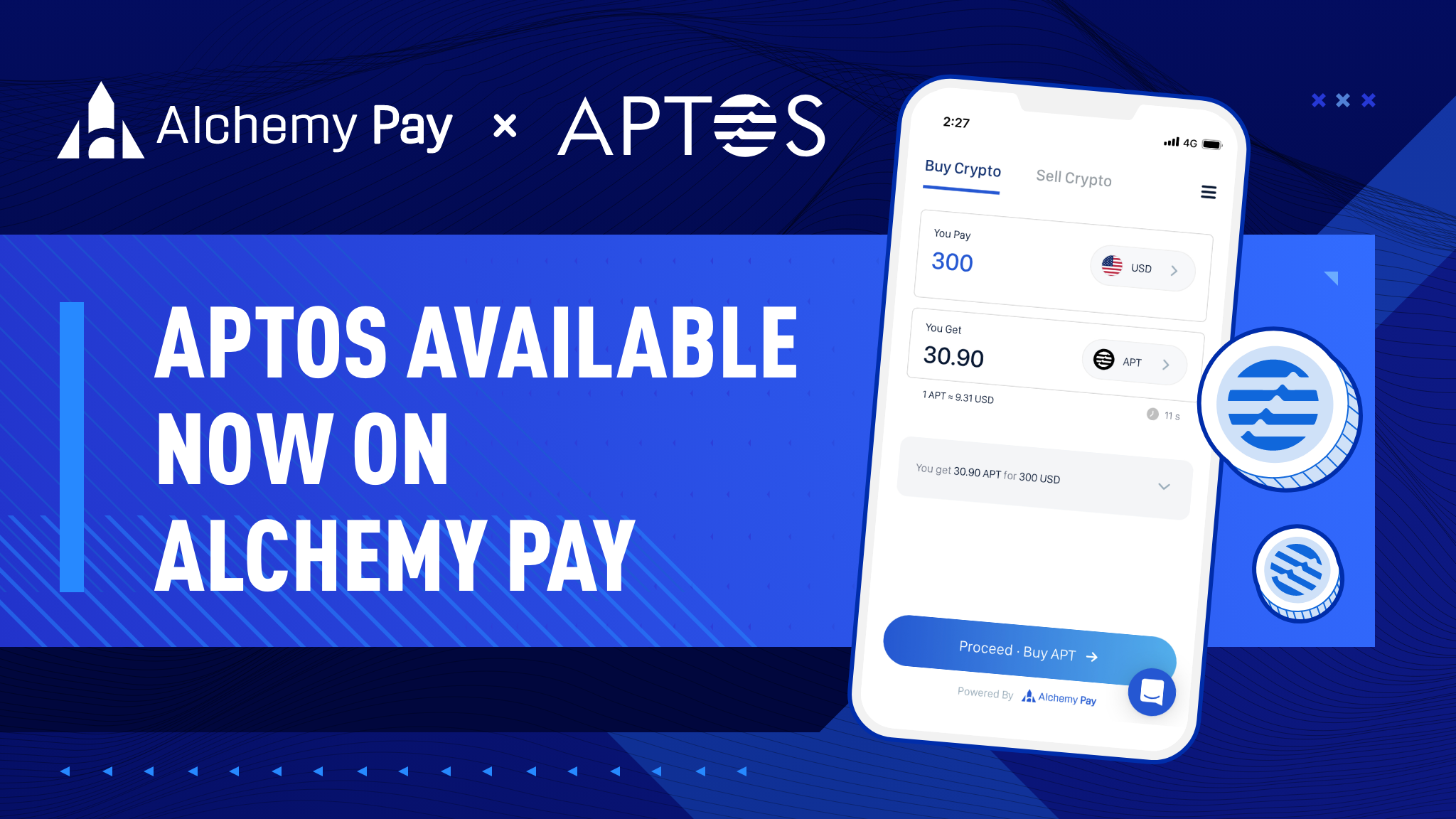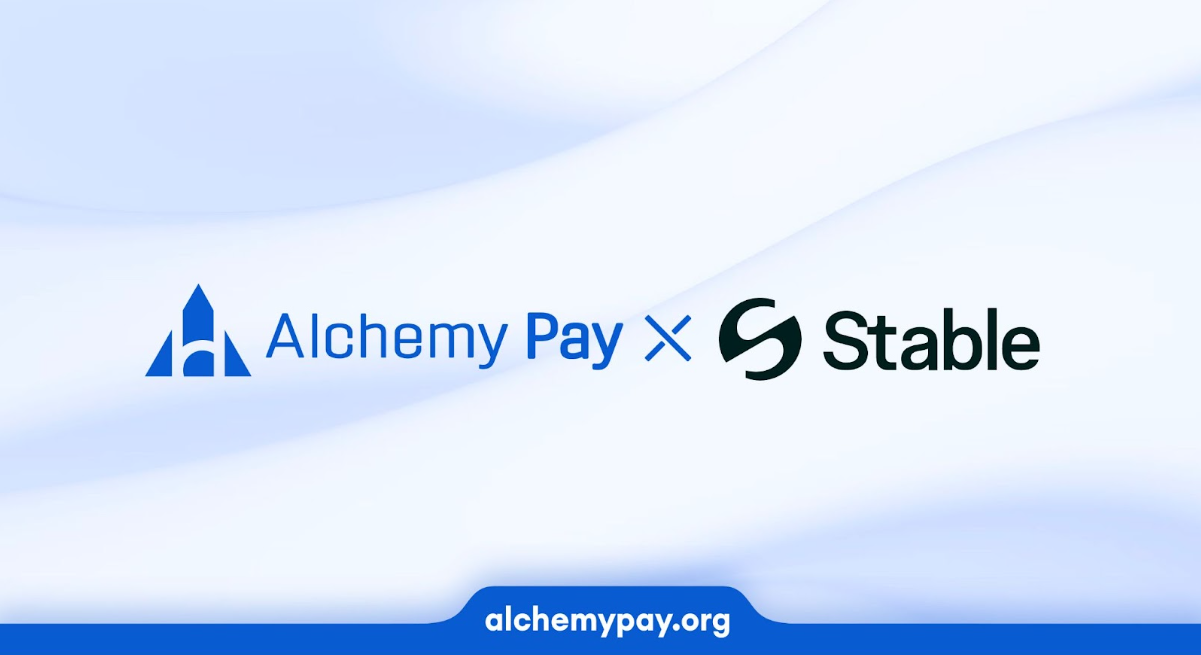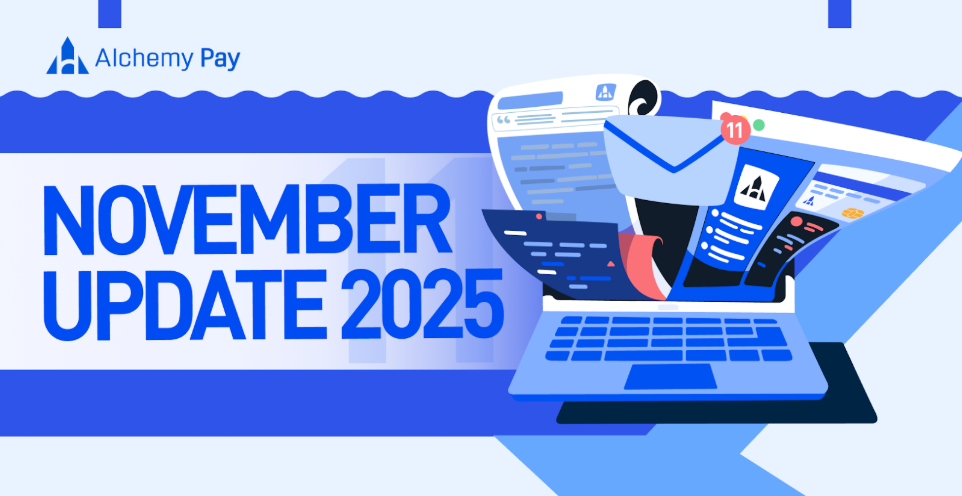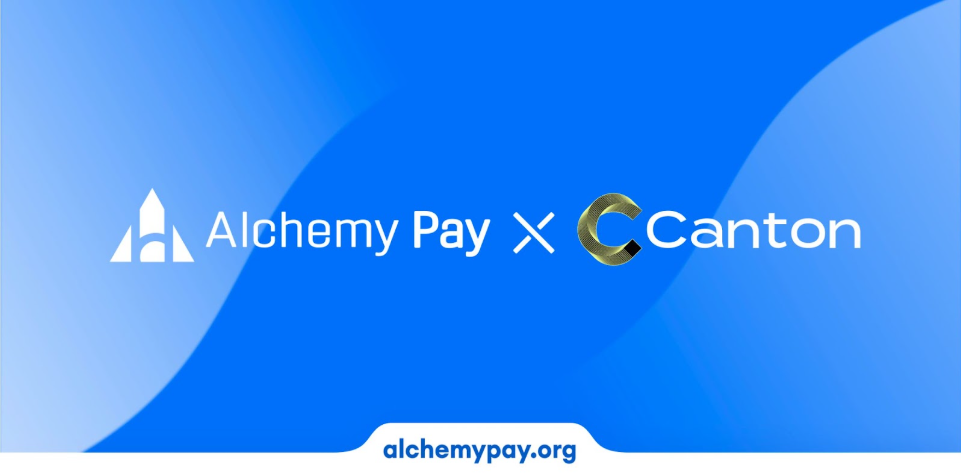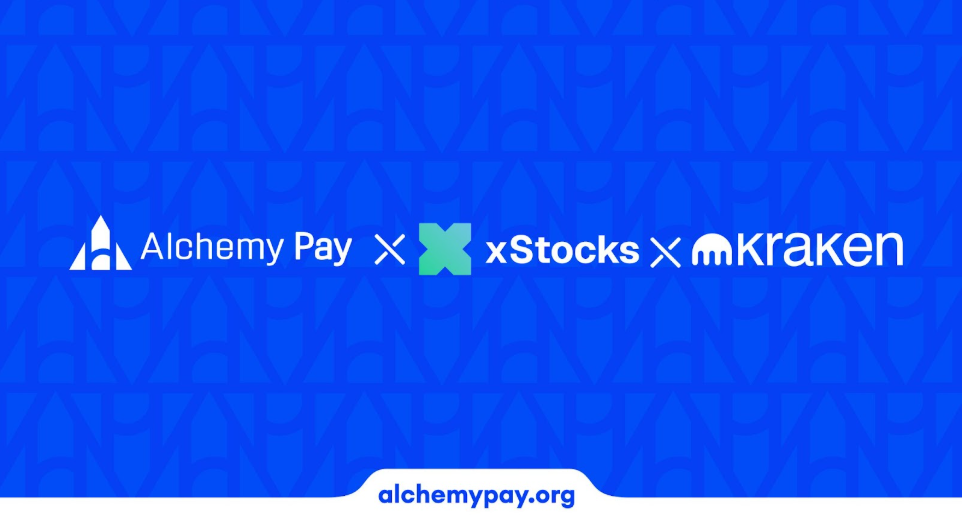In case you hadn’t noticed, Aptos has got everyone talking. The Layer 1 blockchain launched its mainnet along with the $APT token this October. It has intrigued investors and developers alike because it is based on Meta’s Diem blockchain that was eventually abandoned by the social media giant. Aptos is still focused on Diem’s original goal to create the fastest most scalable network so far and it also has features that will make it more accessible to everyday users.
Alchemy Pay has already integrated the $APT on our On/Off Ramp Solution. This means, that without the need to go through an exchange, $APT can be purchased directly with fiat payment methods like Visa, Mastercard, bank transfer, and many popular regional mobile wallets. The purchased $APT will be sent to your decentralised wallet.
TLDR
- Aptos is a new Layer 1 blockchain written using a novel smart contract programming language called Move.
- The project is a succession of Meta’s abandoned blockchain network, Diem.
- Theoretically the network is capable of 160,000 transactions per second, which is why Aptos has been referred to as a “Solana killer.”
- The $APT token impressed straight into crypto’s Top 50 upon launch, and has maintained its place there.
What Makes Aptos Different?
Like many other Layer 1 blockchains, Aptos claims to be fast and scalable. However, with 160,000 transactions per second (TPS) these claims may be well-founded.
It has been dubbed a ‘Solana killer’, because it could be a key competitor to Solana’s high-performance Layer 1. Aptos and Solana appear comparable in terms of speed, and both rely on engines that can do parallel calculations. Judging by its testing phase though, Aptos appears to be the more reliable of the two. Solana has been prone to failure and has suffered many outages this year.
Aptos blockchain is already outperforming Ethereum in terms of speed. Aptos can complete transactions in less than a second, whereas Ethereum typically takes more than a minute. This is due to hardware and design differences, since Ethereum only has one CPU core – Aptos has 16. Any new blockchain, though, needs time to prove itself Ethereum which has unparalleled stability.
Aptos also intends to improve on current Layer 1s with its support for NFTs. Its distinct Move-based storage system allows customers to group items together to reduce fees. The Aptos blockchain’s parallel execution engine is the primary reason it performs so well with NFTs. It significantly improves users’ ability to finance new accounts and generate NFTs for their accounts. Aptos’ command line interface tools make it simple to test contracts locally before deploying them to the network. Furthermore, Aptos’ TypeScript SDK makes it simple to create scripts for NFT minting.
$APT Token
Aptos Token ($APT) began trading on Oct 19, 2022. There will be a total of 1 billion $APT tokens. 51.02% will go to the community, 19% to key developers, 13.48% to early investors and 16.5% to the blockchain’s foundation. Importantly, investor and developer stakes will be partially locked-in for four years from sale.
Use cases:
- Network Fees: Pay for transaction fees on the network.
- Validator Staking: Participate in DPoS network consensus.
- Governance: Participate in on-chain community governance.
Who is Behind Aptos and Who is Invested?
Aptos Labs is the team behind the Aptos project. It was founded by ex-Meta employees Mo Shaikh and Avery Ching in 2021, with both co-founders previously working on Meta’s blockchain project Libra, which later rebranded to Diem.
Though Aptos has only been around for a short time, their mission has already gained a lot of support and have already received an impressive $350 Million funding from large venture capital firms, including a16z Crypto, Multicoin Capital, Hashed, Tiger Global, FTX Ventures, and Coinbase Ventures.
Investor interest in Aptos really picked up once the testnets launched. TPS and time-to-finality rates that easily outperformed other networks were soon reported by users.
Problems At Launch
There was some controversy at launch, as users said the claim to 160,000 TPS was unrealistic and reported a speed of just seven TPS—less than the Bitcoin network!
However, the low TPS is believed to be unrepresentative of the network’s capability and was caused by the network idle prior to going live. The founders commented, saying the transactions per second should improve with increased activity.
Buy $APT on Alchemy Pay’s OnRamp
Without the need to set up an account with an exchange You can purchase on $APT on our payment ramp using debit & credit cards, and multiple local payment methods. The purchase takes under a minute and the $APT tokens will be sent to your decentralised wallet.
To buy $APT with minimum fuss, go to https://ramp.alchemypay.org






